SUBSCRIBE TO OUR NEWSLETTER!
We write a new blog article every two weeks! Stay on top of foodies news in Colorado Springs, plus be the first to hear about new food tours and receive exclusive discounts.
Food tours now available through October 2025 with more availability coming soon!
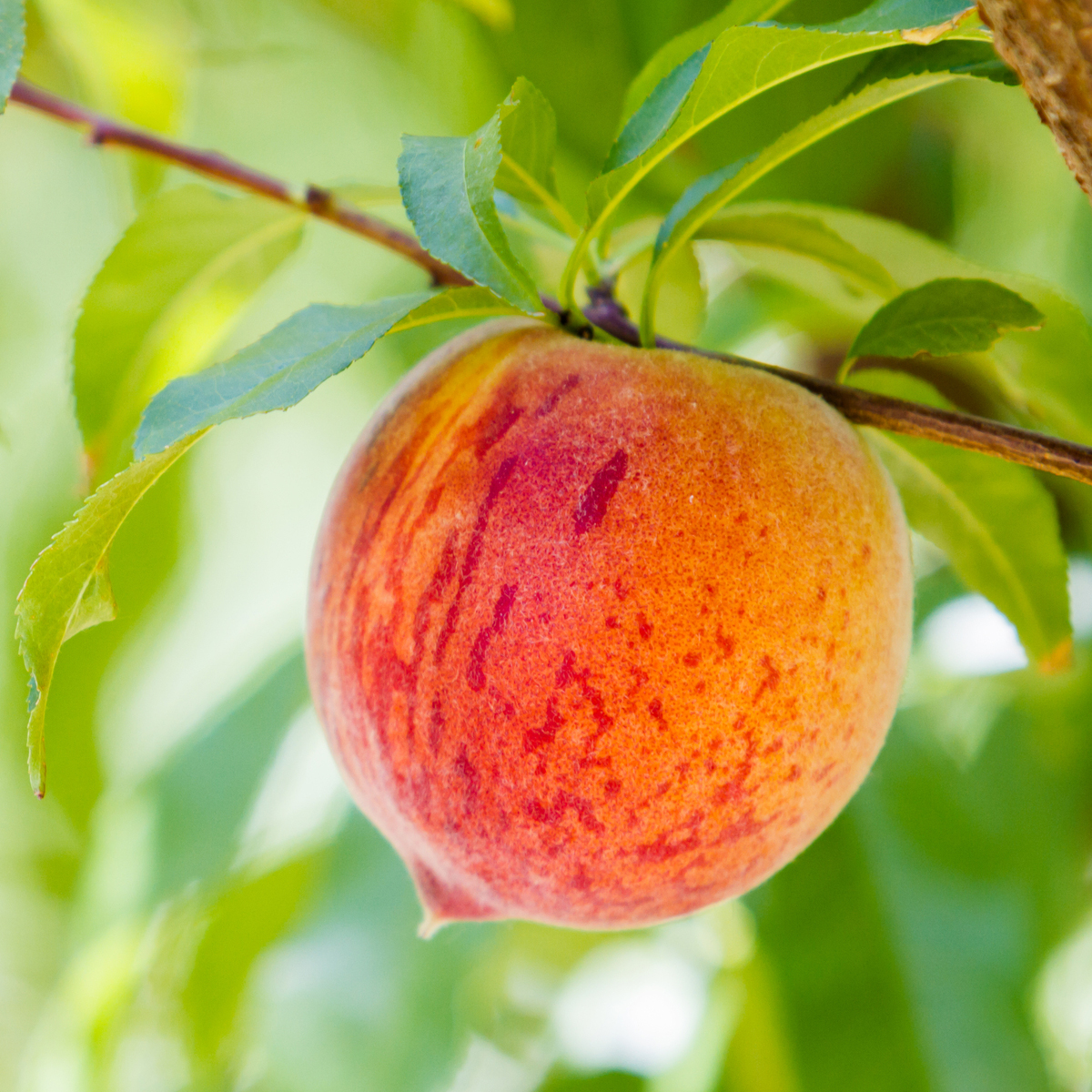
Ever wonder what is “Colorado” cuisine unique? After searching the four corners, we’ve compiled a list of nine famous Colorado foods. There’s something for every palate, so grab some Rocky Mountain Oysters, raise a pint of craft beer, and let’s toast to Colorado!
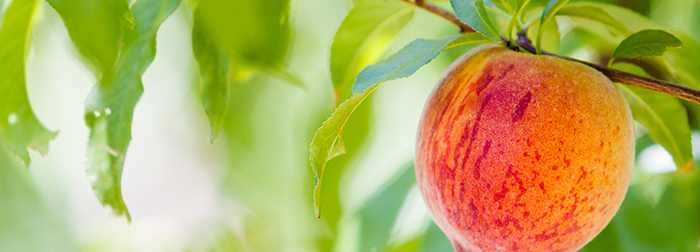
On the far west border of Colorado is a quaint town called Palisade located in Grand Valley. A once arid and desert-like plain, Palisade was a less than ideal place for a grove of peach trees, let alone anything else. However, an early settler named John Harlow saw potential, and through ingenuity and foresight, he helped create a canal that redirected water from the Colorado River to irrigate the land.
The first peach tree was planted in 1882 and it took only a few years for the bounty of the harvest to reach the mouths of people all around the state. Today, the area produces hundreds of thousands of pounds of perfect peaches that are exported throughout the U.S. and beyond.
Benefiting grapes, cherries, and apricots as well, the western sun turns the peaches a succulent shade of orange. From pies, to jams, jellies and cobblers, this juicy and tender fruit tempts both the local and visitor every summer culminating with Peach Fest!
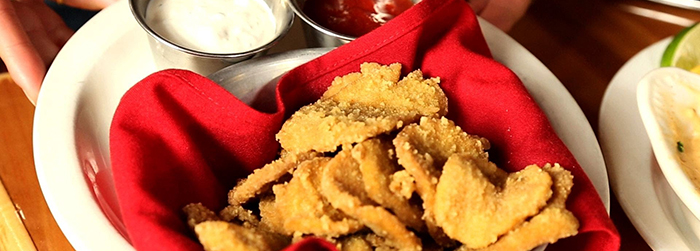
Some people say they taste like chicken…but what are they?! Contrary to what their name might suggest, Rocky Mountain Oysters are far from being bivalve mollusks found at your favorite seafood restaurant. No, this delicacy comes from an animal much closer to home here in Colorado and actually consist of…wait for it…bull or bison testicles!
Sounds good, right? While some of your stomachs are churning, others find these breaded and fried balls a tasty bar snack, especially served up with a side of spicy cocktail sauce and pickles. And to be fair, they’re quite nutritious too, having a high vitamin and protein content.
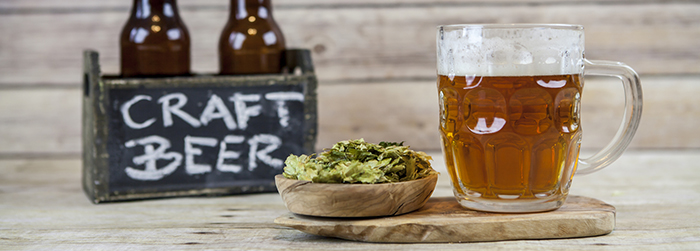
With more than 30 breweries right here in Colorado Springs and another nearly 400 throughout the state, it’s no wonder that Colorado is a bourgeoning haven for beer buffs.
Coors, the father of Colorado breweries and today a national beer behemoth, was founded in Golden in 1873. Their popular “banquet beer” was originally developed by Adolf Coors for miners and pioneers and eventually made its way into all 50 states by 1991, just about the time the brewery industry began to pick up speed around the country.
Perhaps an even more formidable force of the fermented drink are the craft breweries around the state, accounting for a multi-billion dollar industry in Colorado alone. Combining clever ingredients (think cherry, saffron, or cucumber) with the basics of water, malt, hops, and yeast, these brewers are finding innovative ways to reinvent our oldest boozy beverage.
Excited to share their artistry with anyone of legal age, craft brewers are often friendly and will tell you about their process and passion. Take The 3-Hour Brewery & Bites Tour to get a behind-the-scenes look at an age-old industry that is taking Colorado by storm.
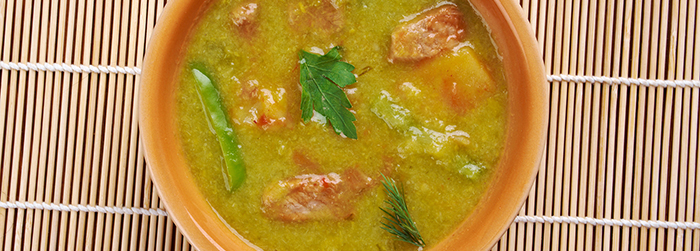
This spicy sauce often made with pork is a coveted condiment and some aficionados make it their quest to find the best in the West. Though you’d be hard-pressed to get anyone to release their recipe, green chili is made of an assortment of ingredients often including onions, tomato, garlic and a variety of spice and chilies. And certainly not exclusive to Latin or Mexican restaurants, you can find green chili everywhere from breakfast bars to greasy spoons to burger joints throughout southern Colorado.
If you want to get really local, try green chili made with Pueblo chilies. Grown on the St. Charles Mesa about an hour south of Colorado Springs, these chilies are sturdy enough to withstand being roasted without turning to mush. Pueblo is so proud of their chilies that they host a Chile & Frijoles Festival that takes up more than 10 city blocks every September following harvest.
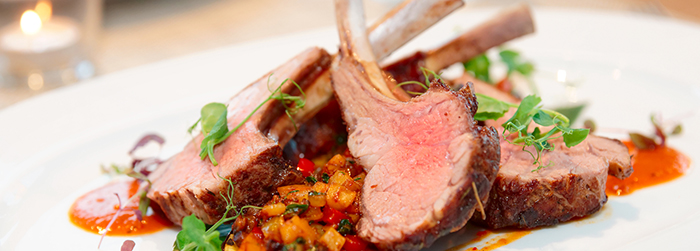
Travel the world and you’ll often find Colorado lamb featured on menus at high-end, international restaurants. Many chefs consider it the crème de la crème of mountain meats due to its flavor and quality.Lamb is an acquired taste in the West but a daily staple in Mediterranean, Middle Eastern, and European cuisine.
Colorado lamb is bred for meat quality, not wool, and contains no artificial growth hormones. It’s rich in flavor, tender in texture, and highly regarded by chefs and home cooks alike. These hillside grazers feed on grasses, berries, plants, and even wild carrots, which enhances the taste naturally.
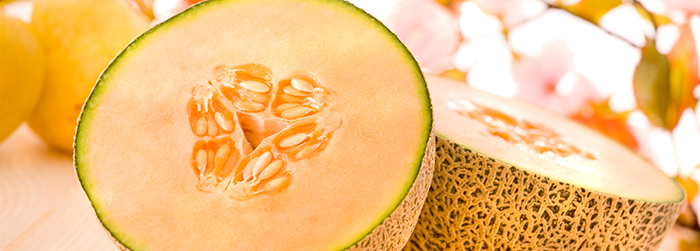
Once again, intense sunshine and chilly nights benefit Colorado farmers—this time in the Arkansas Valley, in southeastern Colorado.
In the 1870s, businessman George Washington Swink began growing watermelons but soon discovered a talent for cultivating muskmelon. His muskmelons, later called Netted Gem Cantaloupes, were sweeter and slightly larger than others grown at the time. Swink hired help to expand production and began shipping cantaloupes to St. Louis and beyond via the railway.
Each July, during harvest, fruit lovers across Colorado look forward to seeing Rocky Ford Cantaloupes in local grocery stores.
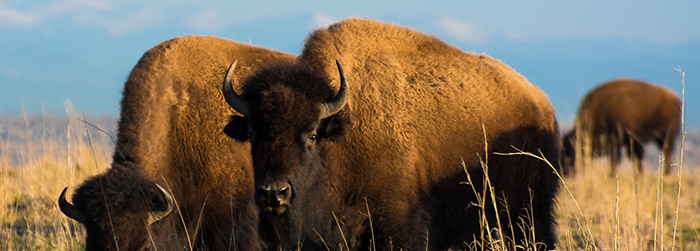
Leaner and often more flavorful than red meat, bison is gaining popularity in Colorado and across the United States. The Bison Council reports it has up to 84% less fat than beef, half the calories, and no additives.
Colorado, ranked fourth nationally in production, offers ideal grassy plains for American Buffalo to roam and thrive. Sustainability efforts protect both wild bison and grazing lands, preserving our ecosystem and honoring the legacy of the Wild West.
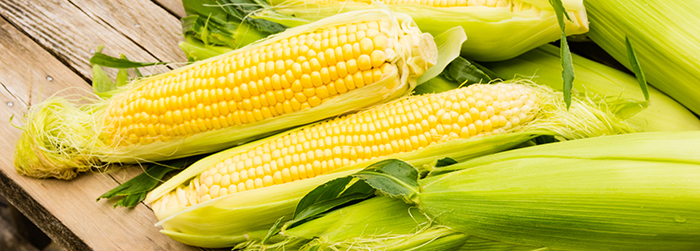
For a small town, Olathe found a way to make their mark with their famous sweet corn. Several of the local farmers are committed to growing non-GMO corn. This handpicked, bi-colored and yellow corn can be a good source of fiber, vitamins, and antioxidants.
With a mid-summer harvest, dependent on the year’s rainfall, sweet corn for Olathe usually hits shelves by July. Right around the corner, on the first Saturday in August, the town hosts the Olathe Sweet Corn Festival.
Fish any of the major rivers or reservoirs in Colorado, and you’ll likely find at least one species of trout. While the Cutthroat is the only indigenous trout to Colorado; Rainbow, Brown, Brook, and Lake Trout are all prolific. In fact, Colorado’s state fish is non-other-than the Greenback Trout, a species of Cutthroat.
You’ll found trout on many high-end menus throughout Colorado, especially those that celebrate our local game!
And that’s our list! We hope you find your own favorite flavors throughout Colorado – these are just a few of the highlights!
Happy Colorado eating, everyone!
– Samantha from Rocky Mountain Food Tours
Learn about these famous foods and much more on our food tours in downtown Colorado Springs! Choose your own adventure from three different tours. Occurring weekly, year round!
 Are you interested in trying these Colorado foods but are not sure where to find them? Check out our Pinterest board “Colorado’s Favorite Foods” for recipes and local restaurant recommendations!
Are you interested in trying these Colorado foods but are not sure where to find them? Check out our Pinterest board “Colorado’s Favorite Foods” for recipes and local restaurant recommendations!
attractionseditor's pickevents & holidaysgift ideashistorylocal diningtours we've takentravel
We write a new blog article every two weeks! Stay on top of foodies news in Colorado Springs, plus be the first to hear about new food tours and receive exclusive discounts.
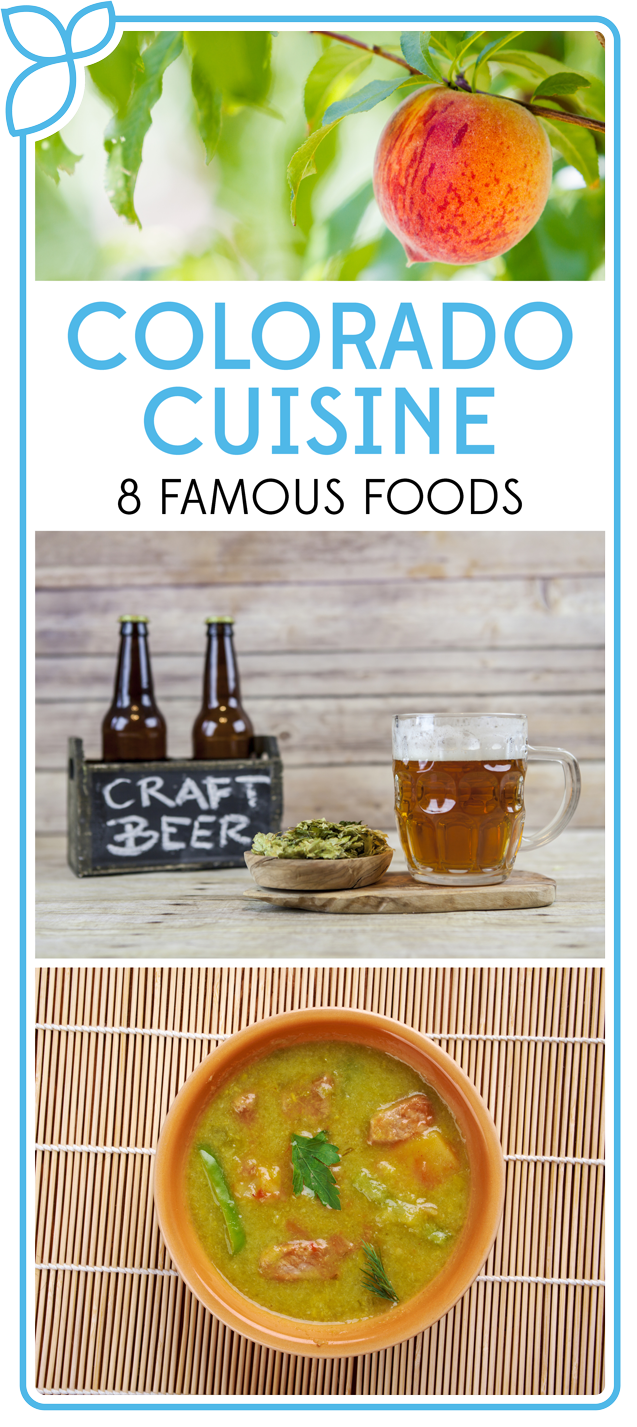
Notifications